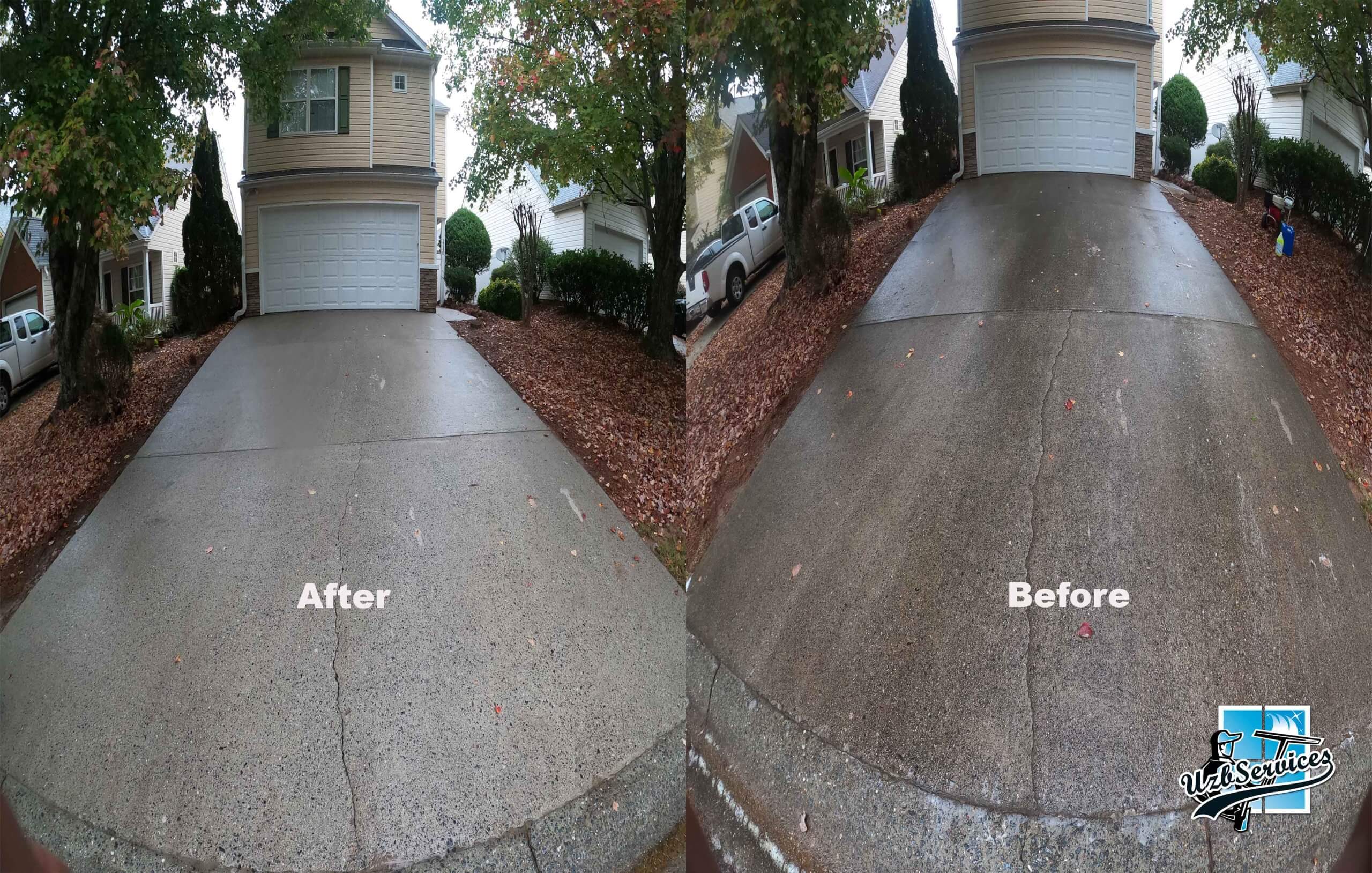 Oil stains on concrete can be stubborn and unsightly, but before you rush out to buy expensive commercial cleaners, you might be surprised at what you already have at home. In this blog, we explore whether common household items can effectively act as solvents to remove oil from concrete and how you can use them.
Oil stains on concrete can be stubborn and unsightly, but before you rush out to buy expensive commercial cleaners, you might be surprised at what you already have at home. In this blog, we explore whether common household items can effectively act as solvents to remove oil from concrete and how you can use them.
1. Understanding the Nature of Oil Stains
Oil stains penetrate deep into concrete, making them tough to remove. It’s important to know how oil bonds with concrete surfaces as a first step. Concrete is a porous material, which allows oil to seep into its structure, creating stains that are not just on the surface but absorbed within. This makes it crucial to approach the stain with methods that can effectively break down and lift the oil, restoring the concrete’s appearance.
Different types of oil, such as motor oil versus cooking oil, may interact differently with concrete surfaces due to their distinct chemical compositions, which may require slight adjustments in cleaning techniques. Nevertheless, the goal remains the same: breaking down the oil molecules and lifting them from the concrete’s pores. For more detailed methods, see our guide on how to remove oil stains from concrete.
2. Using Baking Soda and Detergent
Baking soda is a gentle abrasive, and when combined with detergent, it can lift oil stains effectively. To start, sprinkle a generous amount of baking soda over the stain, allowing it time to absorb excess oil. Next, add a small amount of liquid detergent and use a scrub brush to work the mixture into the concrete, creating a paste that encapsulates the oil.
After scrubbing for a few minutes, let the mixture sit. This pause allows the detergents to break down the oil molecules, making it easier to wash away. Rinse the area thoroughly with water to remove any residue.
For stubborn stains, this process might need to be repeated, but persistence and proper technique make baking soda and detergent a very effective combination. Also check our detailed step-by-step on removing oil stains from concrete.
3. Leveraging the Power of Vinegar
Vinegar’s acidity can help break down oil, loosening its grip on your concrete surfaces. Begin by pouring a small amount of white vinegar directly onto the oil stain. Allow it to sit for at least 15 minutes, giving the acid time to react with the oil.
After the soak, scrub the area with a hard-bristled brush to work the vinegar into deeper layers of the concrete, further dissolving the oil. Rinse with warm water to wash away the dissolved oil and vinegar solution. Vinegar not only helps break down oil but also acts as a natural deodorizer, eliminating associated odors.
4. Cornstarch as an Absorbent
Cornstarch is excellent at absorbing excess oil, making stubborn stains easier to tackle. Sprinkle cornstarch liberally over the oil stain and let it sit for several hours or even overnight to absorb as much oil as possible.
Once the cornstarch has done its work, sweep it up and discard it. The area should then be treated with either the baking soda and detergent method or vinegar for a comprehensive clean. Cornstarch is especially useful for fresh spills, as it helps prevent the oil from penetrating deep into the concrete.
5. The Lemon Juice Trick
Lemon juice isn’t just a kitchen staple its natural acidity makes it useful on oil stains too. Squeeze fresh lemon juice directly onto the stain and let it sit for 10–15 minutes, allowing the citric acid to interact with the oil and break it down.
After soaking, scrub the stained area with a coarse brush to lift the oil from the concrete’s pores. Rinse thoroughly with water to remove lemon juice and oil residues. Multiple applications may be necessary for stubborn stains. The fresh lemon scent is a bonus, leaving your concrete fresh and clean-smelling.
6. The Role of Cat Litter
Cat litter is an unexpected but effective tool for absorbing oil. For fresh spills, sprinkle a generous amount of cat litter over the stain. Press it down into the oil with your foot or a tool, and let it sit overnight to absorb as much oil as possible.
The next day, sweep up the litter. If the stain persists, follow up with baking soda or vinegar. This method is especially helpful for garages or driveways, where spills occur frequently and you want to prevent the oil from penetrating deeper into the surface.
7. Wrapping Up: Household Solutions for Stubborn Oil Stains
While not every household item is a complete fix, combining these tips can work wonders on concrete oil stains. A bit of patience, elbow grease, and the right method are key ingredients.
These simple, cost-effective practices help you tackle oil stains using items you likely already have at home. For a full professional guide with photos and additional tips, check out our resources on how to remove oil stains from concrete.


